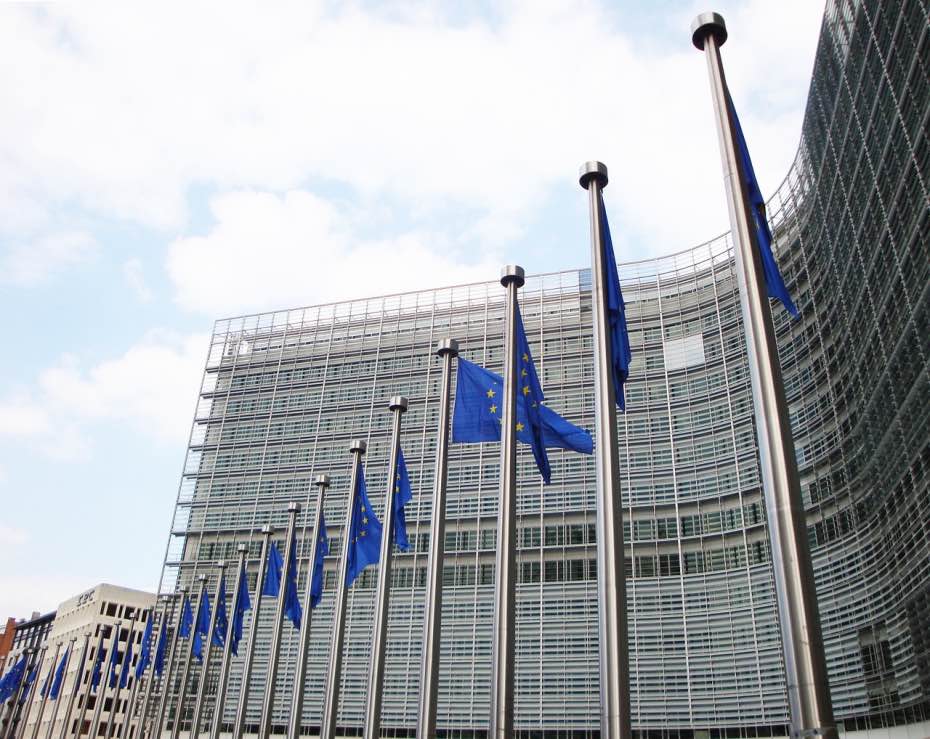For the next long-term EU budget, the Commission proposes to further strengthen the Union’s social dimension with a renewed European Social Fund, the European Social Fund Plus (ESF+), and a strengthened and more effective European Globalisation Adjustment Fund (EGF).
Our new, flexible and simplified social funds are focused on investing in people
For the period 2021-2027, the European Social Fund Plus would be worth €101.2 billion, and the Globalisation Adjustment Fund €1.6 billion.
Both are geared to invest in people: ensuring they are equipped with the right skills needed to deal with challenges and changes on the labour market, following up on the European Pillar of Social Rights.
Commissioner for Employment, Social Affairs, Skills and Labour Mobility, Marianne Thyssen, said:
“Europe wants to empower people. We put our money where our mouth is. Our new, flexible and simplified social funds are focused on investing in people: to make sure they have the right skills, to make sure they have modern social protection adapted to new forms of work, and to show solidarity with those who need it most.»
European Social Fund Plus
The European Social Fund Plus will be a more flexible and simpler version of the current European Social Fund by merging a number of existing funds and programmes.
Pooling resources will allow the EU and Member States to provide more integrated and targeted support in response to the social and labour market challenges that people in Europe face today.
Specifically, the European Social Fund Plus will merge the:
- European Social Fund (ESF) and the Youth Employment Initiative (YEI)
- Fund for European Aid to the Most Deprived (FEAD)
- EU Programme for Employment and Social Innovation
- EU Health Programme
The European Globalisation Adjustment Fund will be revised so that it can intervene more effectively to support workers who have lost their jobs
Post-2020 European Globalisation Adjustment Fund
The European Globalisation Adjustment Fund will be revised so that it can intervene more effectively to support workers who have lost their jobs.
Currently, workers can only get support from the Fund when their dismissals are due to changing trade patterns or consequences of the financial and economic crisis.
Under the new rules, other reasons for restructuring, such as automation, digitalisation and more, can be eligible for support, taking account of new challenges on the labour market.
The new rules will also lower the threshold of dismissed workers for a case to be eligible from 500 to 250, which will allow more workers to get support.













